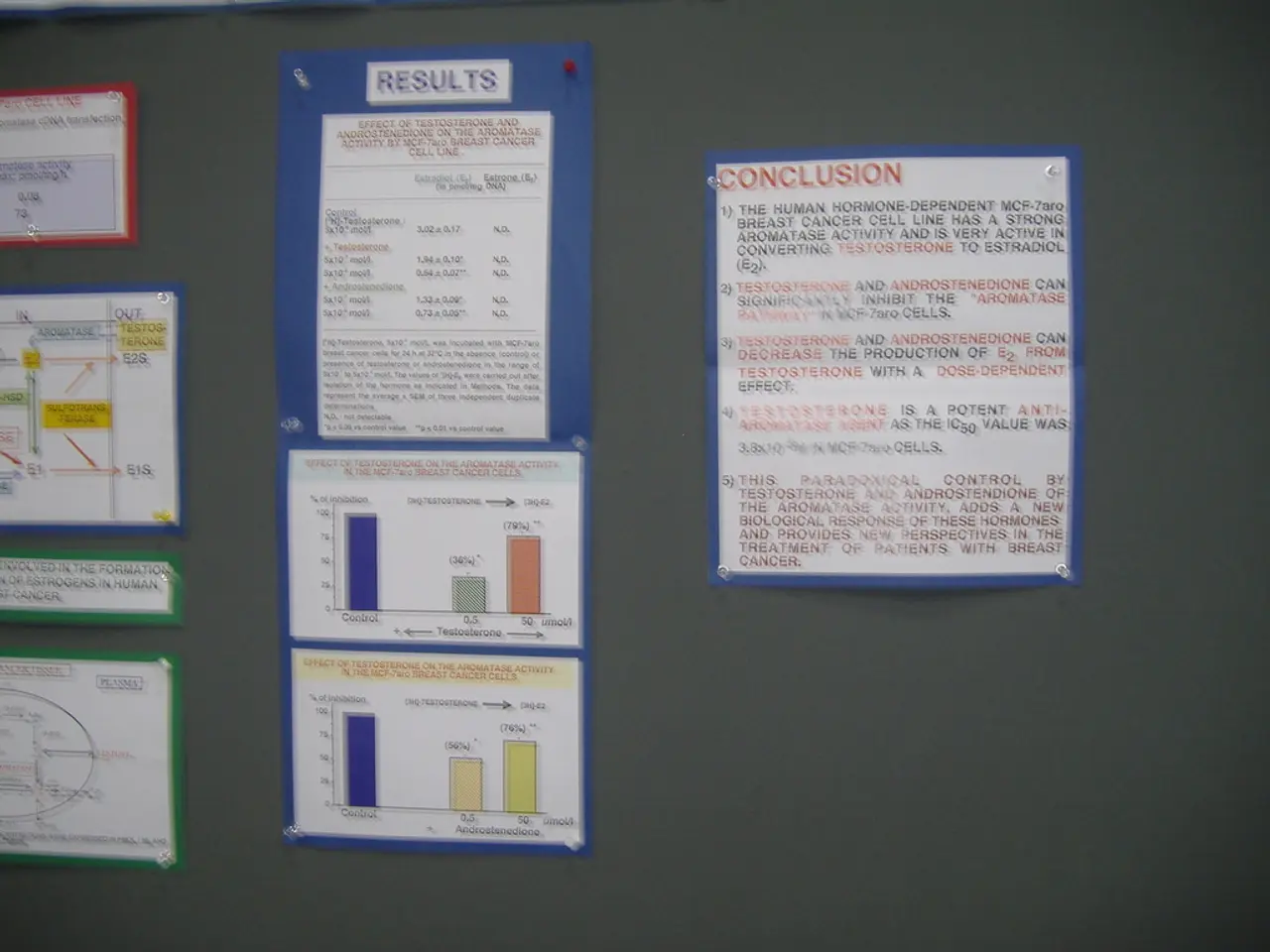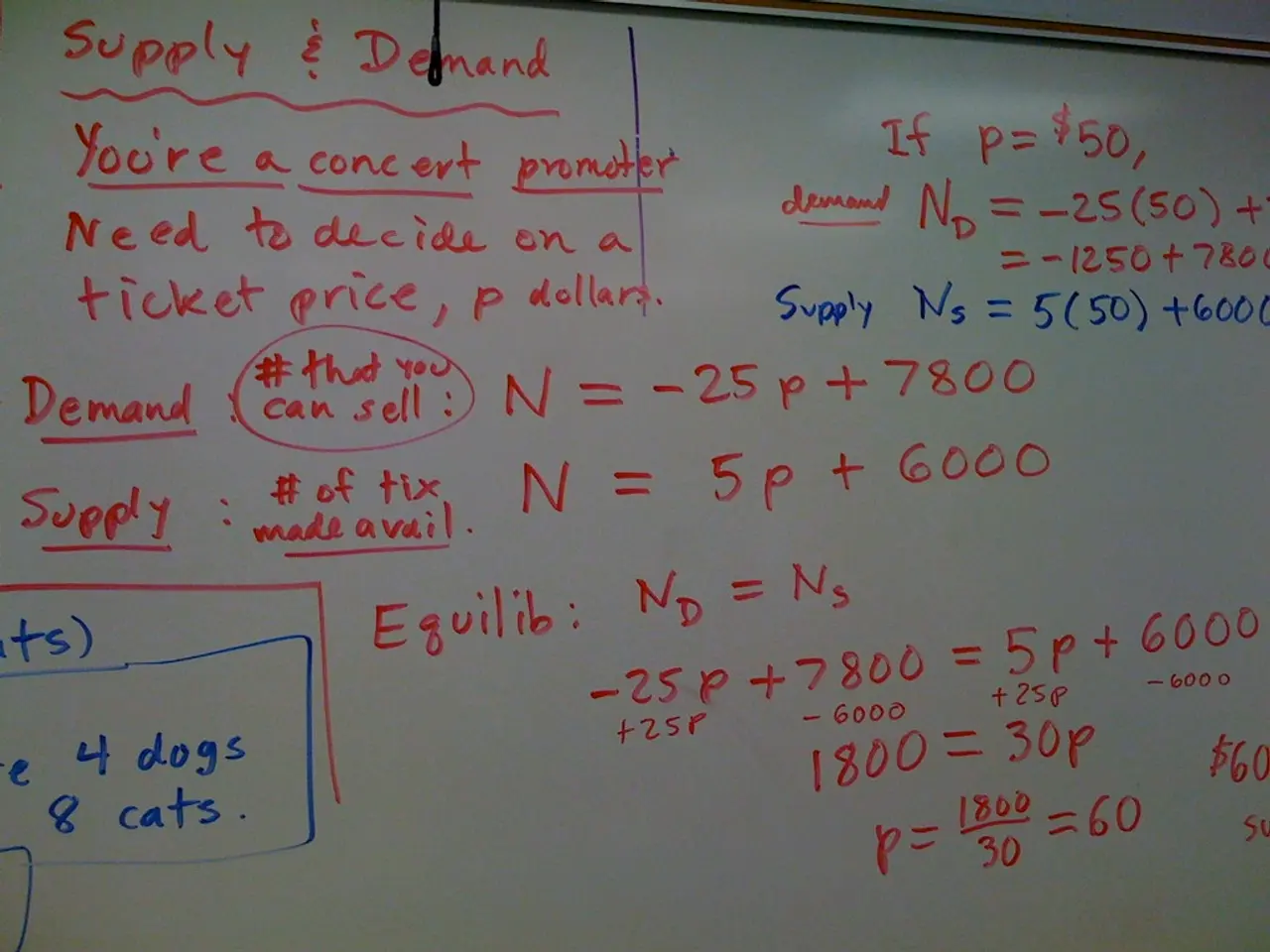Financial Responsibility for Construction Delays: Understanding the Legal Consequences of Unmet Deadlines in Construction Agreements
In the world of construction, clear and well-drafted contracts are the backbone of any successful project. These documents ensure that both owners and contractors understand their responsibilities and obligations, providing a roadmap for the entire construction process. Here are some key clauses that govern deadlines, define responsibility for delays, and offer mutual protection.
**Timeline and Milestones**
Clearly stating the start and completion dates, as well as including specific deadlines for different phases of the construction process, helps keep the project on track. Milestones provide a benchmark for progress and can help identify potential delays early.
**Delays and Responsibility**
Force Majeure clauses outline unforeseen events like weather or supply disruptions that can delay the project without penalty. On the other hand, delay penalties specify whether and how parties will be penalized for delays, including who bears the cost of delays when they are not due to force majeure.
**Payment Terms**
A clear payment schedule defines when payments are due and any associated penalties for late payments. Dispute resolution clauses are also important, providing mechanisms for resolving payment disputes, such as arbitration or mediation.
**Change Orders and Modifications**
Any changes to the project require written approval by both parties and should specify how these changes affect the timeline and budget.
**Liability and Defects**
Warranties ensure that the contractor is responsible for any defects in the workmanship or materials. Liability clauses define who is liable for any damages or defects and under what conditions.
**Termination and Dispute Resolution**
Termination clauses specify conditions under which the contract can be terminated by either party. Dispute resolution mechanisms outline procedures for resolving disputes, such as negotiation, mediation, or arbitration.
**Insurance Requirements**
Specifying the types of insurance required for the project, such as liability insurance or workers' compensation, protects both parties against unforeseen risks.
Many construction contracts require a tiered dispute-resolution process, including project-level meetings, executive mediation, and binding arbitration.
These clauses help ensure clarity, fairness, and protection for both owners and contractors throughout the construction process. By understanding these key clauses, both parties can navigate potential issues and keep their project on schedule, ultimately leading to a successful completion.
Finance is crucial for funding the construction project and managing cash flow. A funding clause details the sources of financing, repayment schedules, and any associated interest rates. Meanwhile, a change-order clause includes provisions for additional costs related to modifications, ensuring that the financial impacts of changes are accounted for and fairly distributed between both parties.




